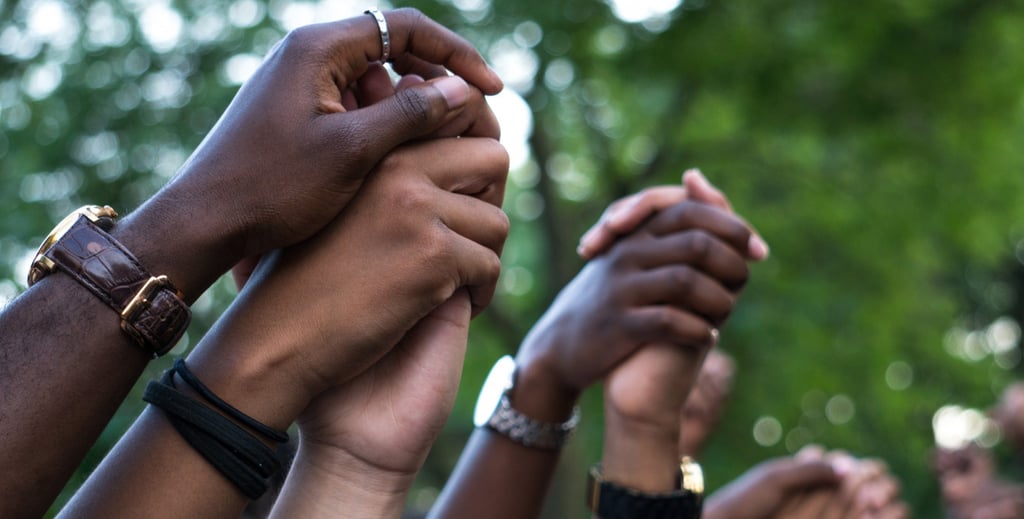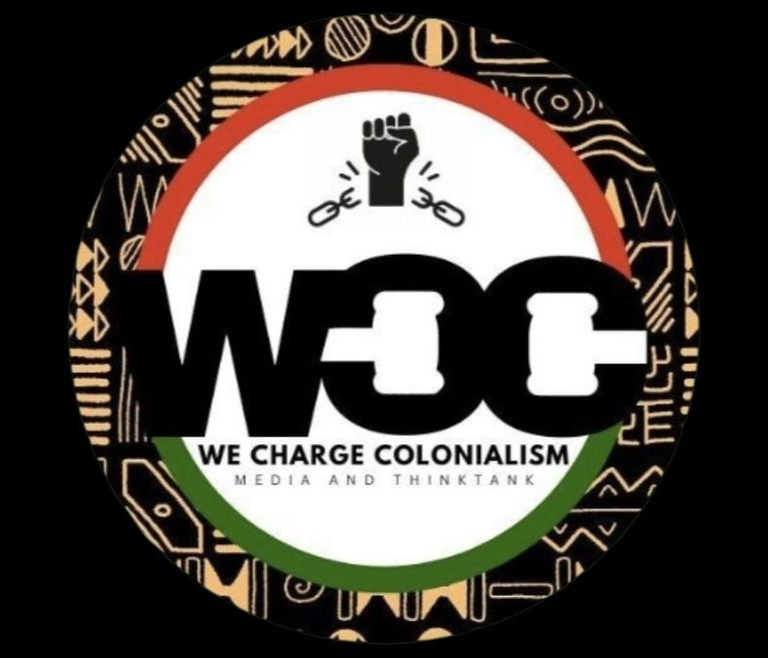The Dimensions of Americanism: Family, Freedom, and Individualism
Nehemi'EL Simms-Ibrihim
4/26/20254 min read


The American mind – shaped in all its hypocritically puritanical bile; entangled in a thick rope of idealistically european cultural normativity; engorged in the blood of 2 billion Afrikan children – has as its energy source, its utamaroho, an idea of “freedom.”
The idea of freedom is interesting because during the period of chattel slavery many Africans held in bondage remarked at the violence perpetrated against them by the “free poor whites” who felt the slaves were treated better than they were. Imagine that ? In fact, within the context of the Antebellum South, the slavocracy could not have been sustained without the cooperation of working whites. Taking into consideration the historical hypocrisy of the American Federation of Labor and other white labor movements the question comes to mind, when have working and poor whites ever sided with African people against the white bourgeoisie, agrarian or industrial ?
The American mind, given definition by Western philosophy, conceptualization of freedom is a “separation consciousness.” Thus giving birth to a subject who does not identify, connect, and relate to its surroundings in any “non-material” way. This conviction of separation is what creates the “individual,” who is also the “observer.” It is a mental perspective that has epistemological roots in a Platonic mode that prioritizes empiricism.
During the Enlightenment, the idea of the “individual” – a being possessing agency and autonomy completely disparate from anything outside of itself – was promulgated to complement the political economic switch to capitalism from mercantilism; the only difference between the two being that in mercantilism the trade was controlled by the monarch and in capitalism the trade is controlled by the corporations owned by regular folks. Moreover, individualism is an epistemological mode of thought that prioritizes empiricism dictating how people in this society conceptualize self specifically and right action generally through how they are taught to perceive what is useful information and what is not.
Within this proposition lies the inherent contradiction that has bred the perennial violence come to be known as Western civilization.Being unfettered and wild, emancipated and untrained, loose to chase self-destructive passions and affections cripples them from forming coherent communities.Through the denationalization, deculturalization, and dehumanization process of amerikan slavery black people have been stripped and stagnated long enough for them to be the most susceptible to a socio-economic system that benefits from their group disunity. The house that is divided against itself, which cannot stand, will be used as firewood to keep the families in other houses warm. Harold Cruse illustrates this point in his essay “Individualism and the Open Society,” the best, he says:
On the face of it, this dilemma rests on the fact that America, which idealizes the rights of the individual above everything else, is in reality, a nation dominated by the social power of groups, classes, in-groups and cliques – both ethnic and religious.
This apartment that I rent is 1750 every month. Mexicans do the construction. Black people rent the rooms. Jewish men collect the rent. This scenario is repeated everywhere I look. The jews own the buildings, the Arabs run the corner stores, the blacks buy the food. The Jews own the buildings, the Asians run the food markets, and the blacks buy the produce.
Michael leaves his parents house to move to Boston, because he needs a healthier environment. His rent in Boston is $2100/month. Jada leaves her parents house because they can't seem to agree and is paying $1900/month in rent. Plus groceries and other expenses, instead of condensing their expenses and living in one household. Our poverty lies in our inability to work with our families and generate capital and other economic tools needed to build and sustain institutions and therefore establish sovereignty.
Individualism defines the collective variables that underlie the Western, or Platonic, mode of self-perception. Among these are dichotimization of the self; oppositional, confrontational, antagonistic relationships; objectification; analytical synthetic thought; and hierarchical segmentation. Individualism is a tool for a deeper motivation which is the idea of control. The Self, the world, and even the body are also segmented, objectified, and otherized.
We feel an impetus to do things alone; to provide for ourselves. We only want to look out for ourselves and we do not work together in our families. Our economic influence is strained because we are not coordinated. Then when we do find organization within our family we exclude the rest of the neighborhood and only seek to accrue wealth for our family. The breakdown of the family is individualism, however the breakdown of the nation is tribalism.
In 1821, General Nat Turner fled a cruel master. After 30 days of pursuing him, the slave catchers could not find him and gave up the search. Turner had gotten away! However, to the amazement of his fellow bondsmen and his master he returned to the plantation with intentions of sword.
In this true story, we find the essence of a true revolutionary; the denial of one’s own pleasures and happiness in the interest of the well-being of the collective; even a collective that is out of its mind and wants to do harm to those who seek to liberate them and protect those who seek to enslave them. The essence of a revolutionary is self-denial. Had the Prophet prioritized his individual wants for freedom over the reality of collective suffering we would not be able to study one of the greatest demonstrations of self-determination by an overwhelmingly oppressed people in all of modern history. Perhaps his denial of those individual desires was caused by his far sighted understanding that the collective predicament would not change and that it was the collective predicament that reality mattered.
Viewing themselves as separate from the environment that produced them and others, In 1849, Harriet Tubman made her escape from bondage in Maryland along with her two brothers, Ben and Henry. Why would she return countless times to free others ?
The individual as a socio-political phenomenon is produced by difficult environments and a western value system. People who live in individualist cultures tend to believe that independence, competition, and personal achievement are important.This valuing of independence, self-sufficiency, and self-definition leads to social behaviors driven by the desires of individuals.
The western idea of the individual is in direct contrast with the Afrikan concept of personhood. At the heart of the wealth and power of a group of people lies their ability to cooperate and coordinate their actions. A crisis of identity is keeping us stagnant. We must look at our cultural traditions, norms and values and critically assess which serve our agenda and which do not.
